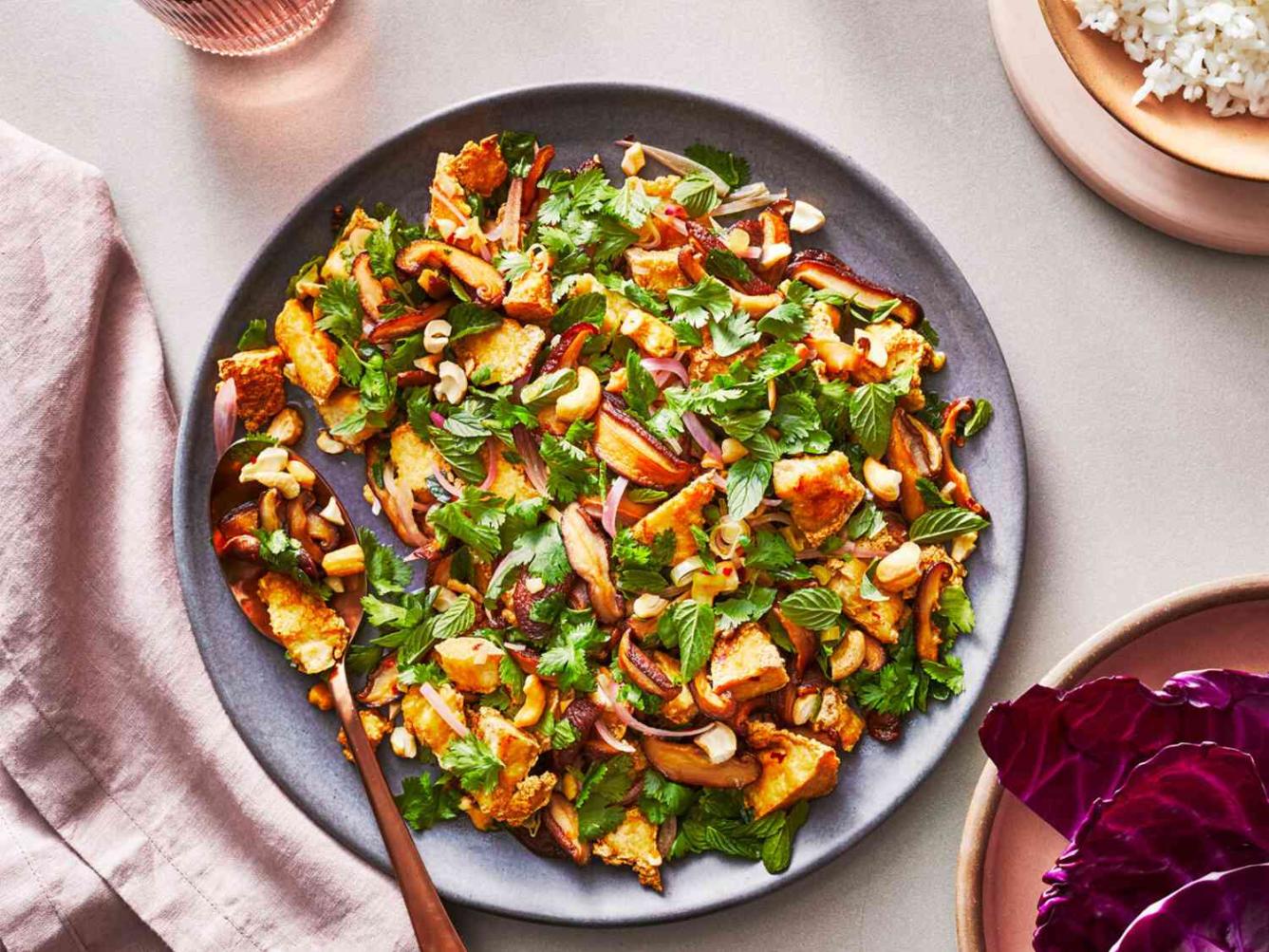How Can I Find Reliable and Trustworthy Sources for Anti-Inflammatory Recipes?
In today's health-conscious world, anti-inflammatory diets have gained immense popularity for their potential to reduce inflammation and improve overall well-being. With the abundance of information available online, finding reliable and trustworthy sources for anti-inflammatory recipes can be a daunting task. This comprehensive guide will equip you with the knowledge and strategies to identify credible sources and make informed choices about your dietary choices.

I. Identifying Reliable Sources:
When seeking anti-inflammatory recipes, it's crucial to rely on sources with a reputation for accuracy and credibility. Here are key factors to consider:
- Source Reputation: Look for sources with a long-standing history of providing accurate and reliable information.
- Author's Credentials: Check the author's credentials and expertise in the field of nutrition or anti-inflammatory diets.
- Transparency and Disclosure: Consider the source's transparency and willingness to disclose potential conflicts of interest.
- Exaggerated Claims: Be wary of sources that make exaggerated or unsubstantiated claims about the effectiveness of their recipes.
II. Evaluating Recipe Content:
Beyond the source's credibility, it's essential to evaluate the content of the recipes themselves:
- Ingredient Analysis: Examine the ingredients used in the recipes and their anti-inflammatory properties.
- Whole Foods Focus: Look for recipes that emphasize whole, unprocessed foods and limit processed ingredients.
- Nutrient Balance: Consider the variety of foods and nutrients included in the recipes to ensure a balanced diet.
- Supplement Reliance: Be cautious of recipes that rely heavily on supplements or fad diets.
III. User Reviews And Feedback:

In addition to evaluating the source and recipe content, consider the experiences of others who have tried the recipes:
- User Reviews: Read reviews and feedback from other users who have tried the recipes.
- Effectiveness Insights: Look for comments that provide insights into the recipe's effectiveness, taste, and ease of preparation.
- Overall Sentiment: Consider the overall sentiment and consensus among users to gauge the reliability of the source.
IV. Professional Recommendations:
Seeking advice from healthcare professionals and experts can provide valuable guidance:
- Healthcare Professional Consultations: Consult with healthcare professionals, registered dietitians, or nutritionists for their recommendations.
- Expert Advice: Seek advice from experts who specialize in anti-inflammatory diets or chronic conditions.
- Educational Opportunities: Consider attending workshops, seminars, or online courses to learn more about anti-inflammatory cooking.
V. Continual Learning And Adaptation:
Staying informed and open to new information is essential for making informed dietary choices:
- Stay Informed: Stay informed about the latest research and developments in anti-inflammatory diets.
- Experimentation: Be open to trying new recipes and experimenting with different ingredients.
- Personalization: Adapt recipes to suit your dietary preferences and restrictions.
VI. Conclusion:
Finding reliable and trustworthy sources for anti-inflammatory recipes is crucial for making informed dietary choices. By considering the source's reputation, evaluating recipe content, seeking user feedback, consulting professionals, and engaging in continual learning, you can navigate the vast world of anti-inflammatory recipes with confidence. Remember, critical thinking and informed decision-making are key to achieving your health goals.
YesNo

Leave a Reply